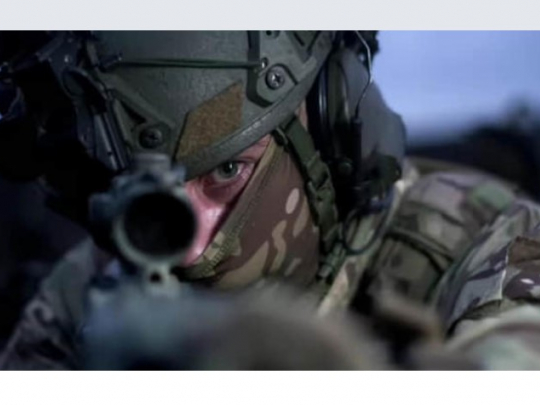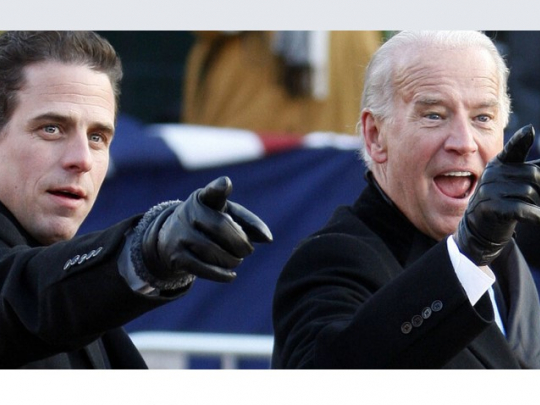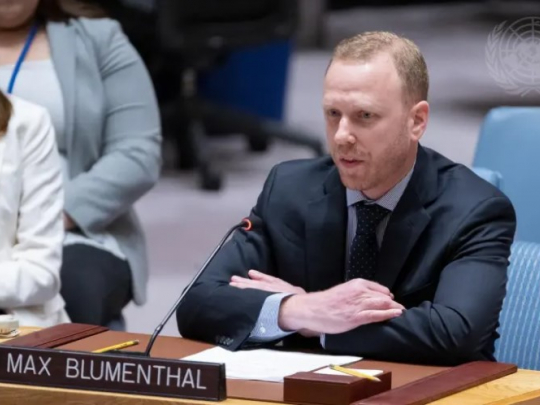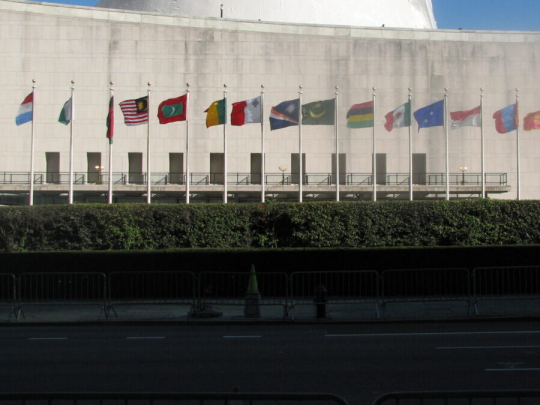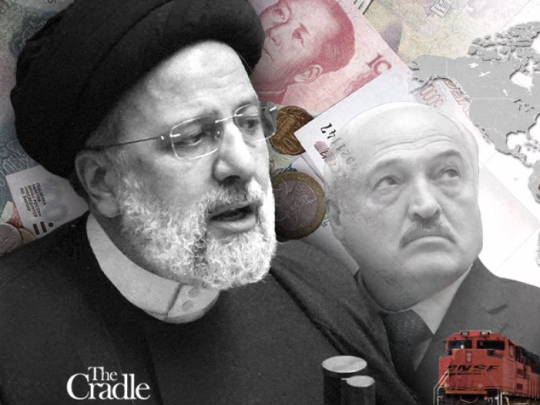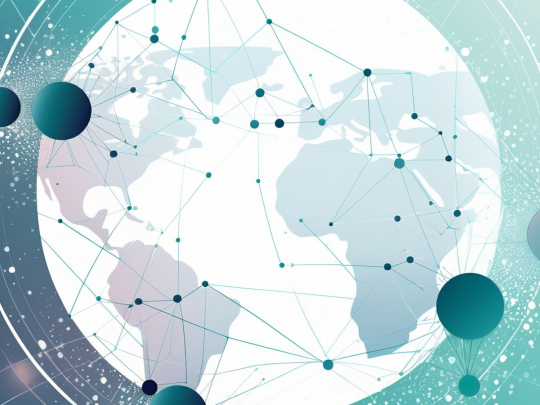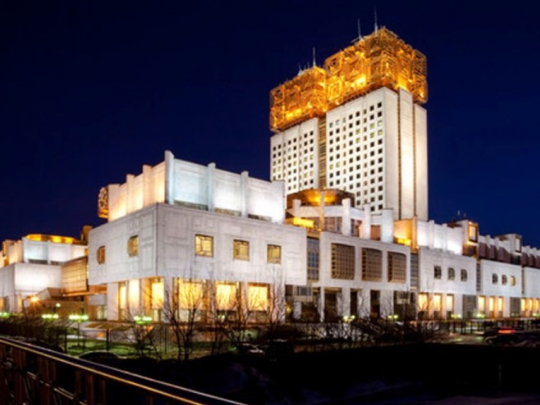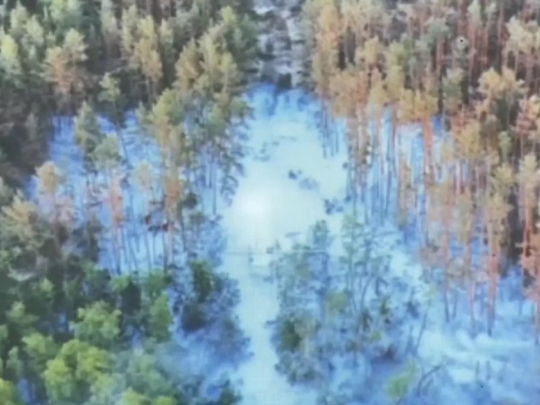How The UK Is Orchestrating A Global Food Crisis
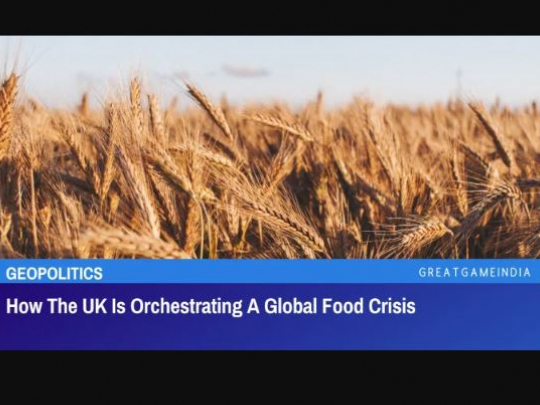
A new article from the Telegraph explains how the UK is orchestrating a global food crisis by asserting that Russia is preventing Ukraine’s food supply from leaving its Black Sea ports.
“We are very clear that this grain crisis is urgent, that it needs to be solved within the next month otherwise we could see devastating consequences,” UK Foreign Secretary Liz Truss told the press on June 23.
According to The Telegraph, the ongoing conflict has hindered production, pushing up food prices globally to record highs. In particular, the UN Food and Agriculture Organization (FAO) reports that wheat prices soared to an average of 56.2 percent over its value in May 2022.
According to a source for the publication, current attempts to transport Ukrainian grain by land and road are “far below” what is required. Asserting that Russia is preventing Ukraine’s food supply from leaving its Black Sea ports, they argue that the goods must be exported by sea. Moscow was holding the world “ransom,” according to UK Prime Minister Boris Johnson.
The Russian navy “has been given orders to lay mines” in Odessa and Ochakov and “mined” the Dnieper River, according to the newspaper, which also cites “newly declassified US intelligence.” According to BoJo, the UK is assisting Ukraine “at a technical level to help demine Odessa.”
Western Press Remain Mute About Russia’s Black Sea Corridors
Russia refuted the claims made by the US and the UK, pointing out that the Ukrainian military had mined its own ports as it retreated. Furthermore, Ukraine keeps thwarting Russian and Turkish efforts to clear the area of mines and ensure the security of ships leaving the nation’s territorial waters.
Vasily Nebenzya, Russia’s permanent representative to the UN, stated on June 2 that if Kiev demines the water region surrounding its ports, Moscow is willing to ensure safe passage for Ukrainian ships carrying 20 million tons of grain.
The Russian Ministry of Defense revealed in late May that the Russian Navy had established safe zones in the Black and Azov Seas for ships departing Ukraine through humanitarian routes. The 139-mile-long and 3-mile-wide Black Sea corridors are open everyday from 8 am to 7 pm (GMT+3) for ships based in the ports of Kherson, Nikolaev, Chernomorsk, Ochakov, Odessa, and Yuzhny.
In spite of this, the MoD claims that Kiev’s authorities “continue to do everything possible to evade interaction with representatives of foreign states and ship-owning companies in resolving the issue of ensuring the safe exit of blocked ships.”
Turkey, which has cooperated with Russia to demine the Black Sea and ensure ship security, shares Moscow’s concerns. Last month, Turkish Foreign Minister Ahmet Cavusoglu told Anadolu Agency that Western sanctions imposed on Russian ships in regards to insurance and the provision of services at international ports, as well as mines planted by the Ukrainian military in the Odessa water area, were the two main factors impeding grain exports.
Ukraine’s Role in Food Crisis Largely Overestimated
The anti-Russian sanctions that were imposed on the country’s trade, finances, transportation, and essential agricultural goods have backfired on the global food market, driving prices up, but the Western press is reluctant to disclose this.
Early this month, Senegalese President and head of the African Union Macky Sall alerted the world to Western sanctions that were blocking Russia from exporting grain and fertilizer to Africa. “Sanctions against Russia have aggravated the situation with the supply of grains and fertilizers to African countries. “We no longer have access to them, and this poses a serious threat to food security on the continent”, Sall stated during an official visit to Russia on June 3.
According to the Washington-based International Food Policy Research Institute, Ukraine and Russia produce nearly a third of the wheat traded on international markets (IFPRI). Even so, Ukraine only accounts for about 10% of the world’s wheat exports, while Russia accounts for more than 17% of all wheat sold on the market.
According to FAO, Russia exported 44.64 million tons of wheat in 2018, while Ukraine supplied 16.91 tons of the commodity to the global market during the same year.
According to Russian President Vladimir Putin, the West purposefully overestimates Ukraine’s role to the export of food commodities.
“The world produces about 800 million tons of grain and wheat per year. Now we are told that Ukraine is ready to export 20 million tons. 20 million tons compared to the 800 million tons the world makes is 2.5% of that figure. But if we proceed from the fact that wheat makes up only 20% of the total food supply (and this is the reality, these are not our figures but those of the UN) this means that these 20 million tons of Ukrainian wheat make up 0.5 percent,” the Russian president told the broadcaster.
Putin dismissed allegations that Russia was attempting to block Ukrainian grain exports, calling the claims “bluff.” The Russian president emphasized that grain exports from Ukraine face no obstacles. He emphasized that if Kiev clears ports of mines, ships carrying wheat could reach the Black Sea at any time. Following Putin’s statement that Russia would be willing to guarantee the transport of grain from Ukrainian ports, the price of wheat has decreased by 10% globally.
G7 & NATO to Double Down on Further Isolating Russia
The British prime minister is urging Europe to increase military aid to Ukraine while the British government continues to blame Russia’s special operation for the growing global food crisis.
To assure Kiev’s prolonged resistance to Russia, BoJo specifically suggested a new strategy that offered Ukraine a training campaign for its armed forces and urged Western leaders to give Ukraine “constant funding and technical help.”
According to the Telegraph, BoJo is going to urge France and Germany to bolster their support for Ukraine during the G7 conference next week, “as he fears that [Ukrainian President] Volodymyr Zelensky could be bounced into agreeing a ‘s***y’ peace deal [with Russia],.”
According to Reuters, G7 and NATO leaders will try to “increase pressure” on Russia next week for its special operation in Ukraine while also attempting to further cut off the country from the global economy.
- Source : GreatGameIndia




